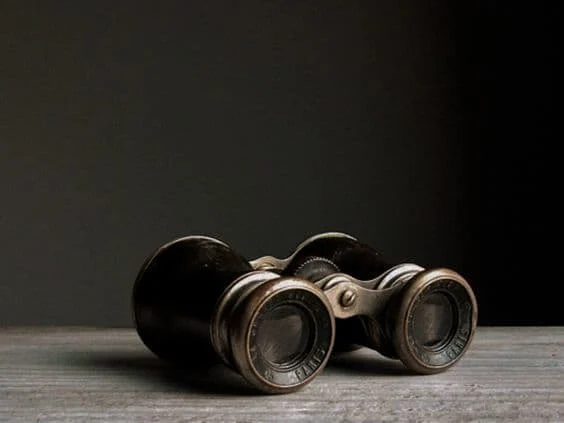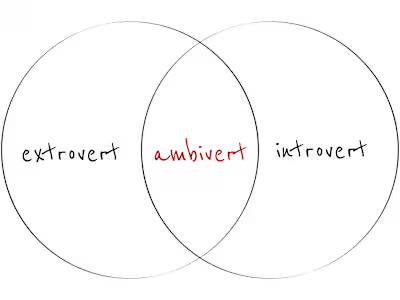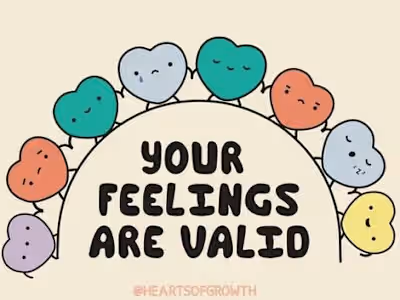The science of Exploration
The importance of the spirit of exploration for humans.

I asked a person, in the 16thcentury to imagine whether human
beings would be able to go to space they would have called me a heretic and I
would have been stoned to death publicly. The same question in the early 1900s,
they would have laughed at my face, called me a fool or a wishful thinker and
moved on. And yet, a few decades later, we have done more than just imagine. Let’s
tone it down a little to understand more. Agreed, we can go to space now, but
this achievement doesn’t impact us in our daily lives. Personally, I don’t
remember sharing my opinions on this topic. But when I microwave my food or use
a toothbrush or even drive a car, I cannot deny that we live in a world made
by revolutionaries. To put it better, we live in a world which was enhanced and
made better by explorers.
Electricity didn't just arrive in a package at our doorsteps, oxygen did not have the need to be ‘invented’ but to be discovered which someone did. Some things were proven
by science, like gravity, whereas some things were proven by expeditions. Be it
Zheng He or Marco Polo or a dyslexic Ann Bancroft who explored the Arctic and
the Antarctic, each one of these ‘explorers’ dared to do something that only
intelligent life forms could conjure. Most people don’t believe in the Big Bang
theory, the reason it's still being called a ‘theory’. But to even come up with
a theory about something that happened billion years ago, isn’t that exploring
as well?
The Stone Age folks would have stood at the openings of caves and wondered what was
in them. They must have looked at the strange, reflective liquid flowing,
accidentally drank it and realized that it was water. They must have questioned
everything they could see, listen to and touch. They even believed in God, which
meant that they even questioned things they couldn’t see. Isn’t that
fascinating? Didn’t their exploration pave way for us, for humanity to advance
to our current state?
One may say that discovering civilizations, ethnicities, landmass, and sea routes stand
on a higher significance on the scale of discovery, but isn’t a person who made
a piano, also an explorer? So, what if his discovery didn’t warm you when it
was cold, or didn’t let you travel from one place to another? It created a
world of music, it gave birth to a passion, an art. Same stands for the ones
who discovered painting or writing songs or dancing. In my opinion, they were
all explorers. Why? Because, the internet says exploring means to ‘travel
through an unfamiliar area in order to learn about it, to ‘search;’, to
‘inspect’, to ‘investigate’, to ‘question’, to ‘sift’, to ‘look into, to
‘seek’, to ‘scrutinize’. And each one of these inventions matches the description.
But I wonder what must have been the reason for someone to randomly think about going on a life-threatening expedition on uncharted seas and find places which may or may not exist? Why would you even think that we could travel to other places by air? What do you mean flying isn’t enough, we have to go to space now? I mean, the big bang is still a ‘theory’ right?
Throughout human history, the spread of civilization has been led by people who wanted to explore. It has often proved true that the dream of yesterday is the hope of today and the reality of tomorrow. Columbus said, “You can never cross the ocean unless
you have the courage to lose sight of the shore,” His willingness to do so
resulted in the discovery of a ‘new world’.By At the turn of the 20thCentury, most of the lands of the Earth had been explored and eyes began to turn to the skies. Russian space pioneer Konstantin Tsiolkovsky said, "The Earth is the cradle of humanity but one cannot live in a cradle forever. "Charles Lindbergh, an aviator said, "I believe the risks I take are justified by the sheer love of the life I lead,". When US President was asked, “Why
would we go to the moon?”, he said, "We choose to go to the moon in
this decade and do the other things, not because they are easy, but because they are hard. Don't tell me that man doesn't belong out there,". In short, "Man belongs wherever he wants to go and he'll do plenty well when he gets there."A trait that continues to define explorers is a willingness to accept the inherent hazards. Maybe if someone
had actually stopped themselves and asked “Why am I even thinking about
creating something that seems unrealistic?” the time is taken to figure out the
answer to this question might have delayed a significant, life-changing,
historical invention.
Exploration is a fundamental, necessary part of
being human. Each of these incredible inventions came to fruition in the mind
of early humans many tens of thousands of years ago. Some sort of special spark
drove humans to explore, discover, and later, invent. That special spark
lives within each of us, too. It makes us eager to learn things and solve
problems. Whenever you’re listening to music, reading a book, or watching TV,
it’s there, helping your imagination soar. This special spark
is ‘curiosity’, the desire to seek out new knowledge and learn how things
work.
Our brain rewards you for being curious, and for pursuing that curiosity. Researchers have determined that dopamine, the brain’s reward chemical, is intricately linked to the brain’s curiosity state. When you explore and satisfy your curiosity, your brain floods
your body with dopamine, which makes you feel happier. This reward mechanism
increases the likelihood that you’ll try and satisfy your curiosity again in
the future. The idea that our brains reward us for learning actually lines up
with the hypothesis that curiosity helped our early human ancestors survive,
too. Think about the usefulness of a stone tool or a boat. Humans needed to
understand the environment and manipulate it, in order to survive.
When humans explore, we make the world and the universe our classroom for learning. New experiences bring us new knowledge.
Exploration looks ahead, not behind. And we have to keep on learning new
things. I don’t know what the coming years will look like through the lenses of
technology but if history is proof enough, we know that people have, no matter
the era they lived in, always explored ideas which fall under the ‘how did they
even think of it’ category. At present, it is easy to ask, “What’s left to
explore now?”. I believe the planet, no, the universe was given as an unopened
Lego set, where humans were given the choice to either keep it as it is or make
something out of it, which we have. And the truth is, as long as human beings
exist, curiosity will never die, hence, the need, the innate trait we possess
to ‘explore’, will never die.
Like this project
Posted Sep 2, 2022
The importance of the spirit of exploration for humans.
Likes
0
Views
29





